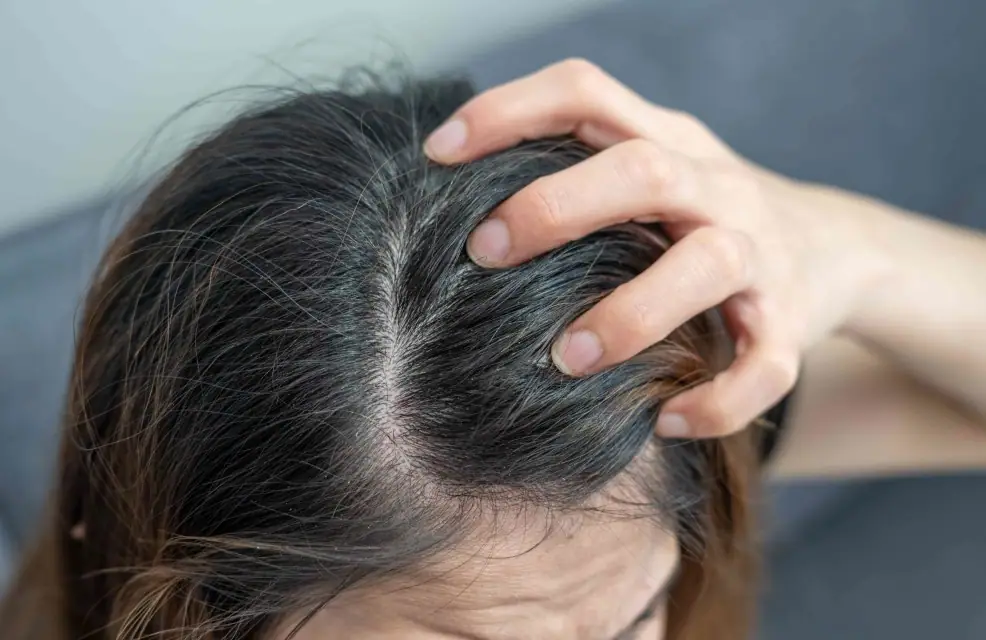If you’ve ever found yourself in a situation where your eyes suddenly start to well up, you’re not alone. Watery eyes can be triggered by various factors, and understanding the underlying reasons can help you manage the issue effectively. In this article, we will explore the common reasons why your eyes might water and provide insights on how to address each one.
Allergies: Unwanted Tears
Allergies are a frequent culprit when it comes to watery eyes. When your eyes come into contact with allergens such as pollen, pet dander, or dust mites, your body’s natural response is to release histamines. These histamines cause blood vessels in your eyes to dilate, resulting in redness, itchiness, and increased tear production. It’s your body’s way of trying to flush out the irritants.
To alleviate the symptoms of watery eyes caused by allergies, consider over-the-counter antihistamines or consult with an allergist for a more tailored treatment plan. Reducing your exposure to allergens through air purifiers or allergy-proofing your home can also be helpful.
Dry Eyes: The Paradox of Watery Eyes
Ironically, dry eyes can also lead to excessive tearing. When your eyes are too dry, they send a distress signal to the brain, prompting an overproduction of tears as a protective mechanism. This can occur due to various factors, including environmental conditions, aging, or certain medical conditions.
To relieve watery eyes caused by dryness, lubricating eye drops can provide much-needed moisture. If the problem persists, consult an eye specialist for a comprehensive evaluation and tailored treatment plan.

Irritants in the Environment: An Unwelcome Intrusion
Exposure to irritants in the environment can cause your eyes to water. These irritants can include smoke, strong odors, or air pollution. When your eyes detect these irritants, they try to wash them away by producing tears.
To mitigate watery eyes caused by environmental irritants, avoid or minimize exposure whenever possible. In cases of unavoidable exposure, consider using protective eyewear or creating a barrier between your eyes and the irritants.
Foreign Bodies: The Itchy Intruders
The sensation of having a foreign object in your eye can lead to excessive tearing. Whether it’s a small particle of dust or an eyelash, your eye’s natural response is to produce tears to flush out the intruder.
If you suspect a foreign body in your eye, avoid rubbing it, as this can exacerbate the problem. Instead, try to rinse your eye gently with sterile saline solution or use the corner of a clean, damp cloth to remove the foreign object. If the issue persists, seek medical attention.
Eyestrain: Digital Age Conundrum
In today’s digital age, many of us spend long hours staring at screens. Prolonged screen time can lead to eyestrain, which, in turn, can cause watery eyes. When you concentrate on a screen for extended periods, you tend to blink less frequently, leading to insufficient lubrication of your eyes.
To alleviate eyestrain-induced watery eyes, follow the 20-20-20 rule: take a 20-second break to look at something 20 feet away every 20 minutes of screen time. Adjusting your screen’s brightness and using artificial tears can also help reduce discomfort.

- Why do my eyes water when I’m outside on a windy day? On windy days, the air can carry dust, pollen, and other particles that can irritate your eyes. In response, your eyes produce more tears to wash away these irritants and protect the surface of your eyes.
- Can stress cause watery eyes? Stress can indirectly lead to watery eyes. When you’re stressed, you may unconsciously rub your eyes or blink less frequently, which can disrupt the tear film on the surface of your eyes. This disruption can result in watery eyes.
- Is there a difference between watery eyes and tearing eyes? While the terms are often used interchangeably, “watery eyes” typically refer to excessive tearing as a result of a specific cause, while “tearing eyes” may describe the natural process of your eyes producing tears to maintain moisture.
- What can I do to prevent watery eyes caused by allergies? To prevent watery eyes due to allergies, consider using allergen-proof covers for pillows and mattresses, keeping windows closed during high pollen seasons, and using air purifiers. Additionally, over-the-counter or prescription allergy medications can provide relief.
In Conclusion
Experiencing watery eyes is a common occurrence and can be attributed to various factors, from allergies to dryness, environmental irritants, foreign bodies, and eyestrain. Understanding the underlying cause of your watery eyes is crucial for effective management and relief. By identifying the root cause, you can take appropriate measures to minimize discomfort and maintain the health of your eyes. If the problem persists or worsens, it is advisable to seek professional medical advice to ensure your eye health remains at its best.













